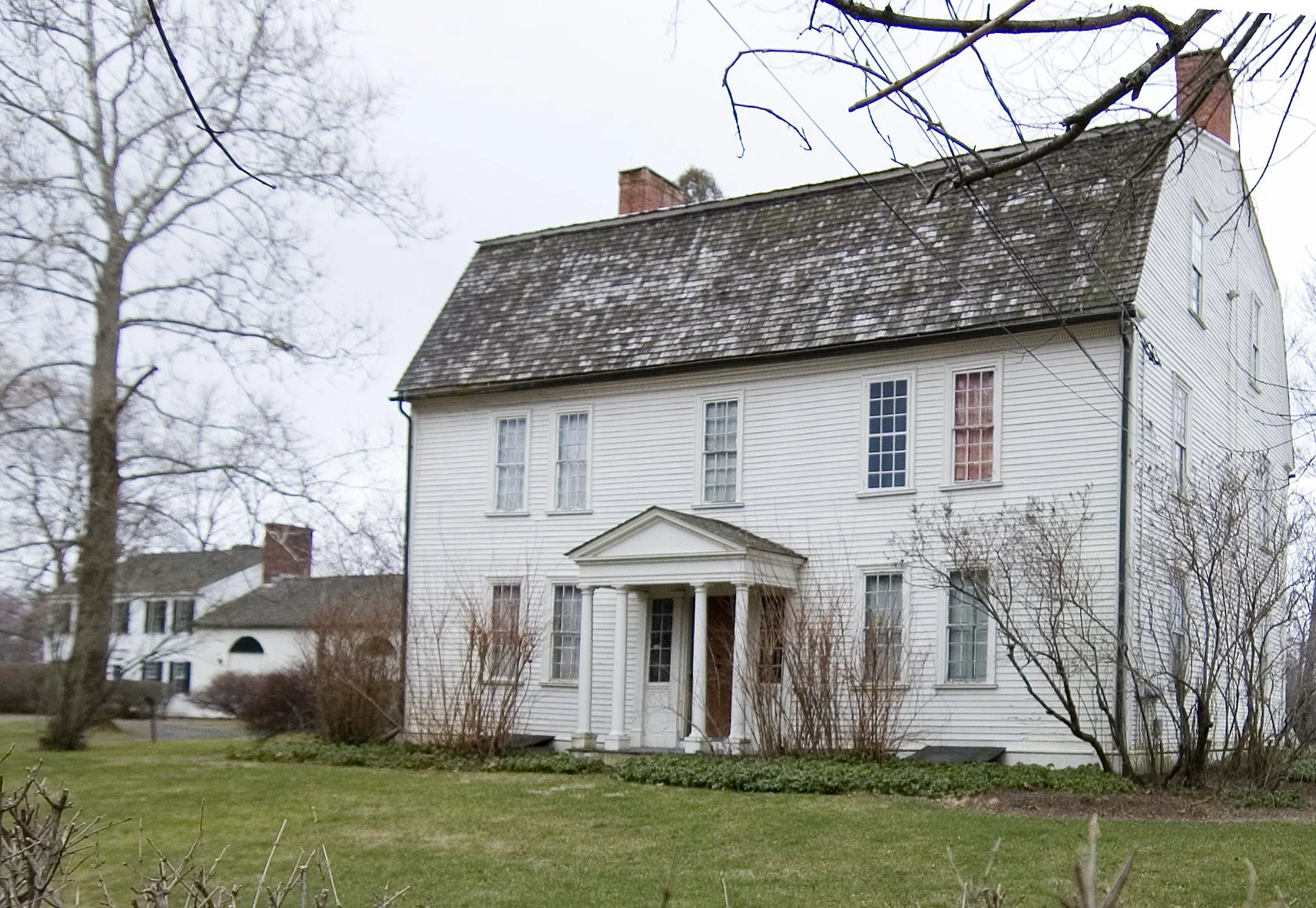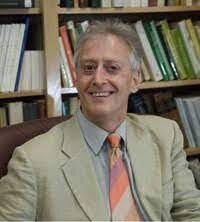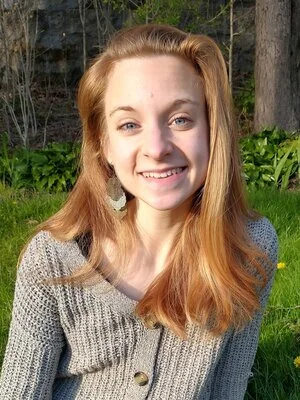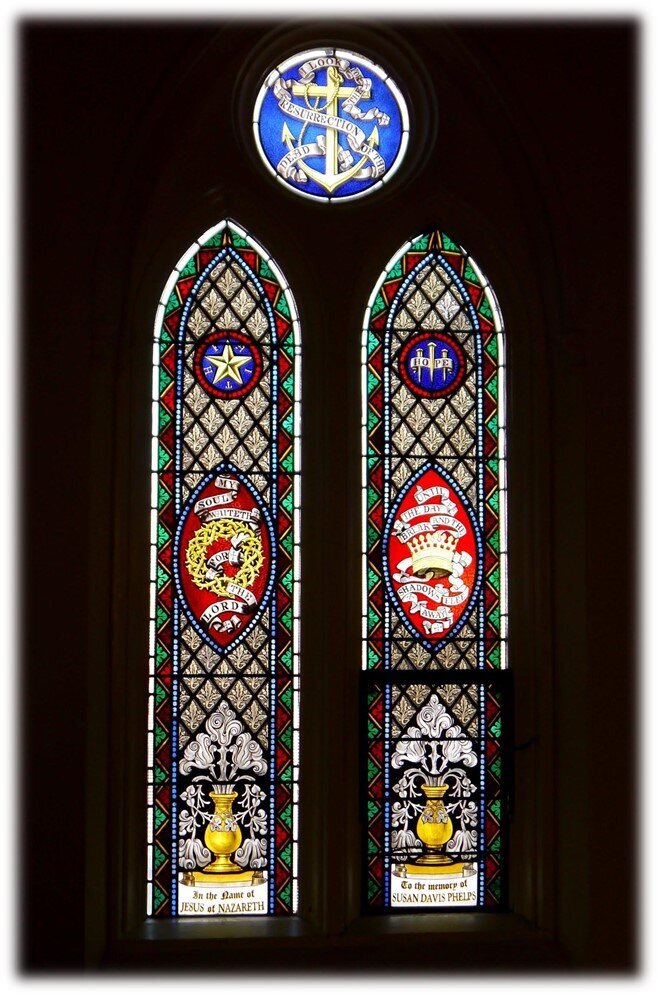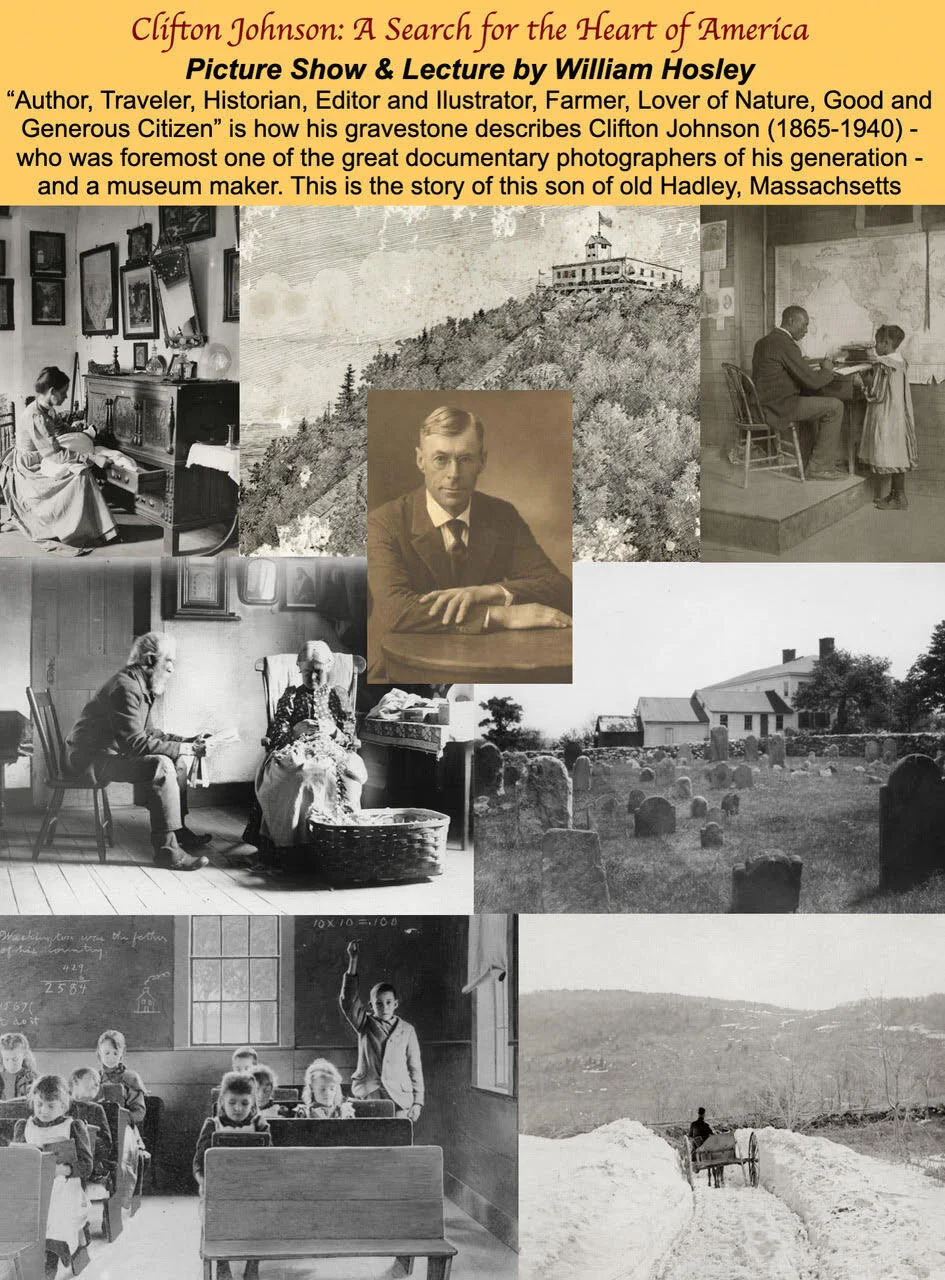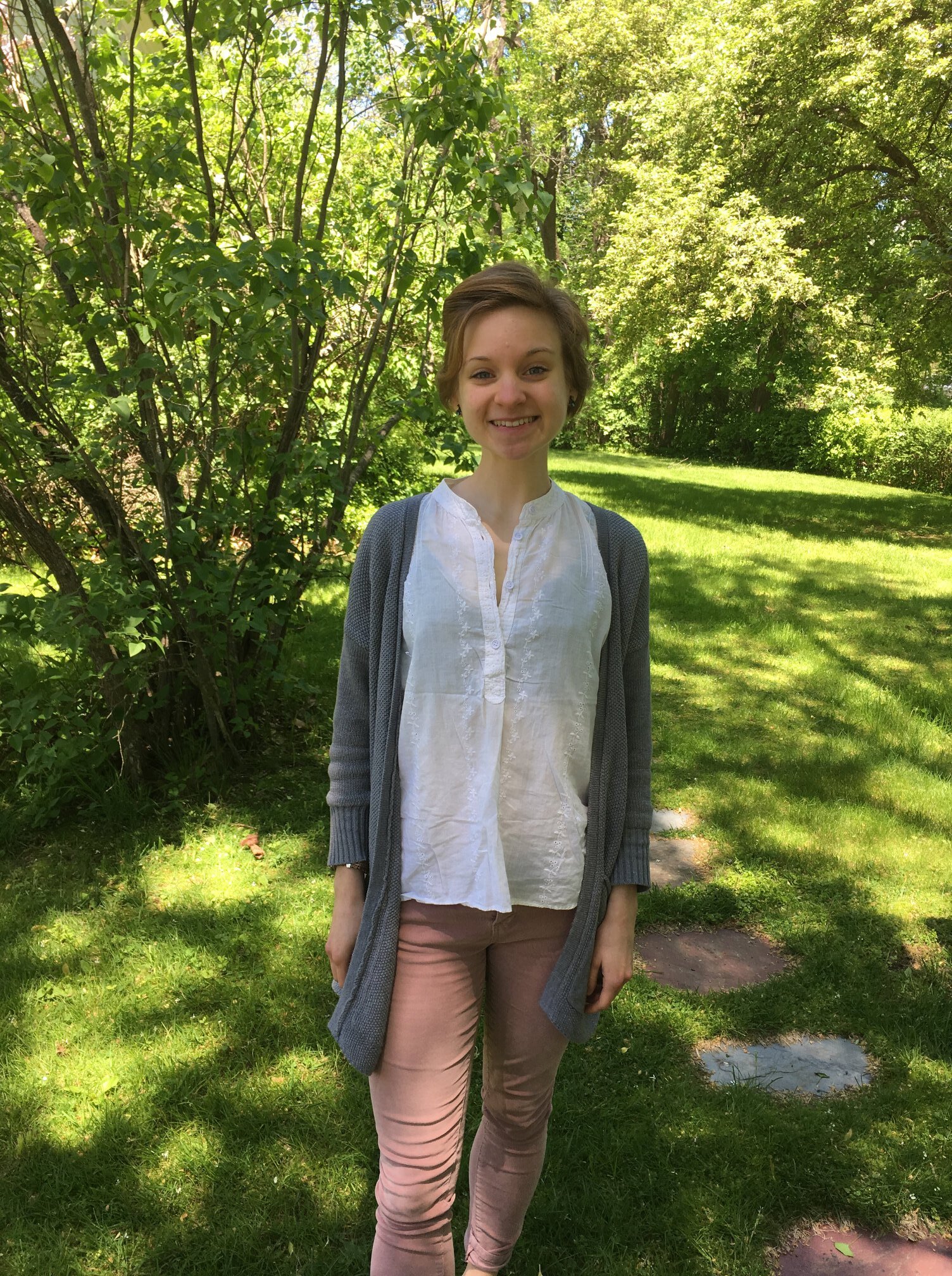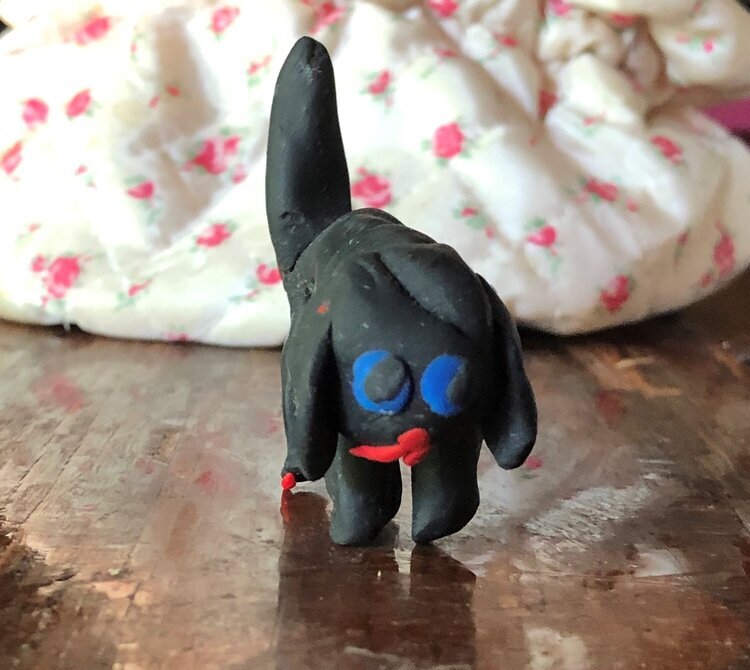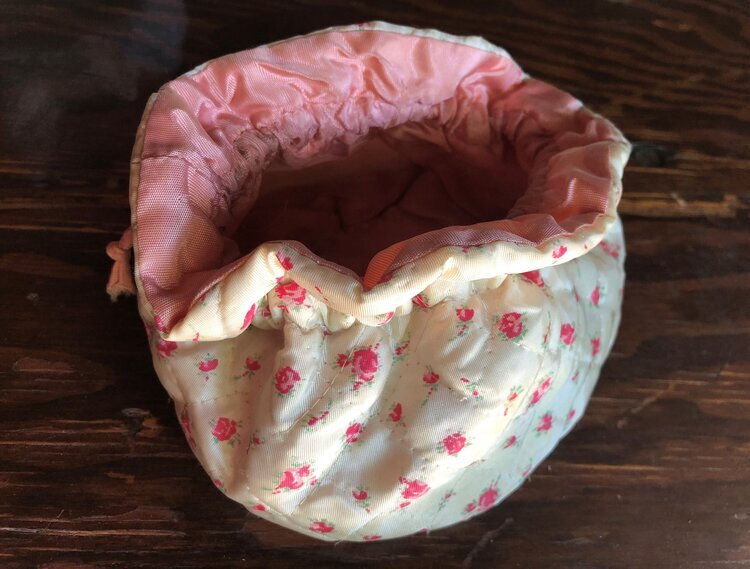PPH Receives a Paul Bruhn Historic Revitalization Grant
PORTER-PHELPS-HUNTINGTON FOUNDATION
Receives a Paul Bruhn Historic Revitalization Grant from the Pioneer Valley Planning Commission securing stabilization efforts at Phelps Farm
HADLEY-The Porter-Phelps-Huntington Foundation (PPH) announced today that it has been awarded a Paul Bruhn Historic Revitalization Grant from the Pioneer Valley Planning Commission (PVPC). The grant, in the amount of $100,000, is one of seven awarded to National Register-listed buildings in rural towns in Hampshire, Hampden, and Worcester counties.
The Bruhn grant program, administered by the National Park Service, is awarded to certified local governments, state or tribal historic preservation offices, or nonprofit entities to create a subgrant program to support the rehabilitation of rural historic properties and to foster economic development of rural communities. PVPC was awarded a Bruhn grant in 2023 and allocated $650,000 for preservation projects through the newly created subgrant program.
The award to the PPH Foundation will fund the stabilization of the ell of the Phelps Farmhouse, an early 19th-century building acquired by the Foundation in 2022 in a heavily deteriorated state. Many 19th century features remain in the house overall, with the ell retaining its original pantry, early storage spaces, and later 19th- and early 20th-century modifications that speak to its evolution as a working space attached to a farm that operated until 1978.
As explained by PPH Board of Directors President Karen Sánchez-Eppler, “The back kitchen ell is almost always the first thing people modernize or remove. That the Phelps Farm ell retains so many of its early features is truly remarkable. All the original shelving is still in the pantry, original hinges and lock boxes on the doors. An upper loft used well into the 20th century as a carpentry tool shed is similarly intact. The ell is, of course, the part of the house that reveals the most about daily labor on the farm. It is also the part of the building now in the most precarious state. Having support to stabilize it is an enormous boon.”
The National Park Service previously awarded an “Underrepresented Communities” grant to list the Forty Acres and Its Skirts Historic District, a National Register nomination that includes Phelps Farm. As the Foundation’s Executive Director Susan Lisk explains, “Through the process of researching and writing the nomination, we learned a lot about the history of this building. So there is a special confluence in having the National Park Service also be the ultimate source of the Paul Bruhn grant that will help to stabilize this building.”
The Bruhn grant comes just over two months after the Town of Hadley allocated $150,000 of Community Preservation Act funding for stabilization and repair work on the main portion of the Phelps Farmhouse. These two awards will assist the Foundation in its effort to rehabilitate the building for future public use.
The Porter-Phelps-Huntington Foundation acknowledges that it occupies the unceded lands of the Nonotuck people. The Porter-Phelps-Huntington House was built in 1752 by Moses and Elizabeth Porter and was central to the 600-acre farmstead known as “Forty Acres.” Today, the 114 acre property is “Forty Acres and Its Skirts”, a National Register historic district that includes the PPH museum and homestead, and neighboring Phelps farm, surrounded by protected farmland, forest, and river frontage. The Museum contains a collection of the belongings of seven generations of one extended Hadley family, and portrays the activities of family members, enslaved people, artisans, household servants, and farm laborers who made "Forty Acres" an important social and commercial link in local, regional and national cultural and economic networks. The Museum is open for tours from 1pm-4pm Friday, Saturday, and Sunday until October 13, 2024. Outdoor folk music concerts are held Sundays at 3pm. For more information visit www.pphmuseum.org or call (413) 584-4699.


